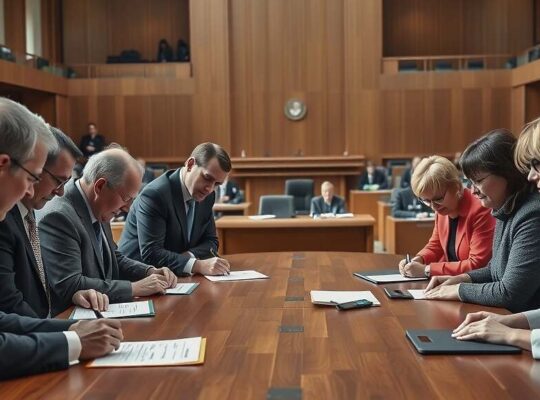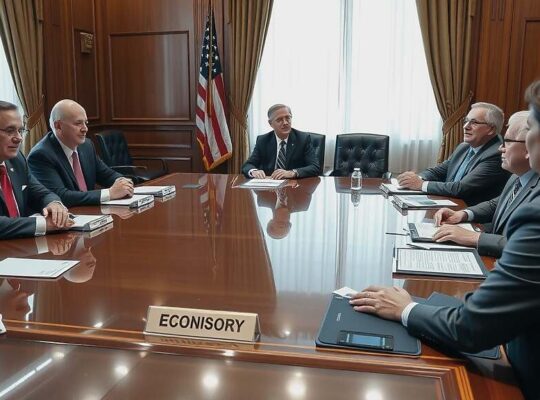The Saarland’s Minister President, Anke Rehlinger, has firmly dismissed calls for alterations to the contentious pensions reform bill currently progressing through the German parliament, signaling a potential escalation of political wrangling. Rehlinger, also serving as deputy chair of the Social Democratic Party (SPD), defended the proposal as a critical safeguard for retirees, emphasizing the government’s obligation to protect both active workers and those no longer in the workforce.
Speaking to RTL and ntv, Rehlinger stated the existing draft represents a consensus within the governing coalition and provides a necessary foundation for retirees to confidently rely on their pension income. The reform has been met with considerable resistance, particularly from within the conservative bloc, raising questions about the coalition’s stability and sparking debate about the long-term sustainability of Germany’s social safety net.
While Rehlinger insists a “good solution” has been achieved, securing the required parliamentary majority remains a significant hurdle. The Minister President placed the onus on CDU leader Friedrich Merz, implying he must actively facilitate the bill’s passage through his own party. Rehlinger acknowledged the need for further convincing within the CDU, but expressed confidence that Merz understands the importance of achieving a positive outcome. The recent stance of the Young Union’s congress – a traditionally more conservative wing – has offered a glimmer of hope, suggesting a potential shift towards supporting the legislation.
However, the opposition remains vocal, with critics arguing the reforms disproportionately burden younger generations and fail to address the underlying demographic challenges facing the country. Rehlinger’s unwavering stance highlights the increasingly fraught political landscape and the delicate balancing act required to reconcile competing interests and maintain coalition unity in the face of substantial public scrutiny. The coming weeks will be crucial in determining whether the government can successfully navigate these challenges and secure the passage of the pensions bill, a cornerstone of its legislative agenda.












